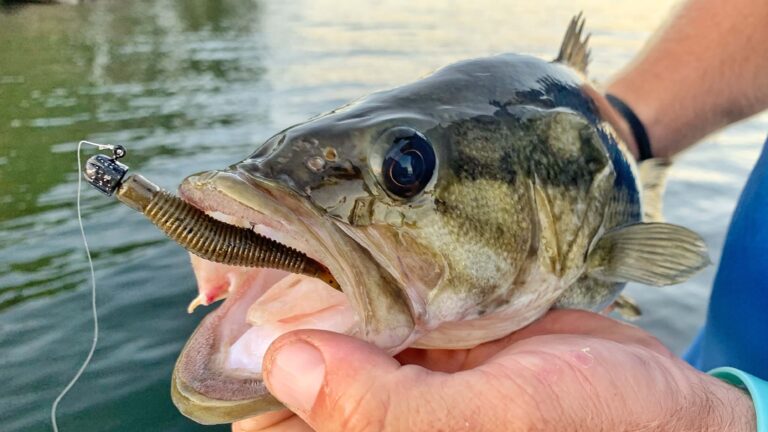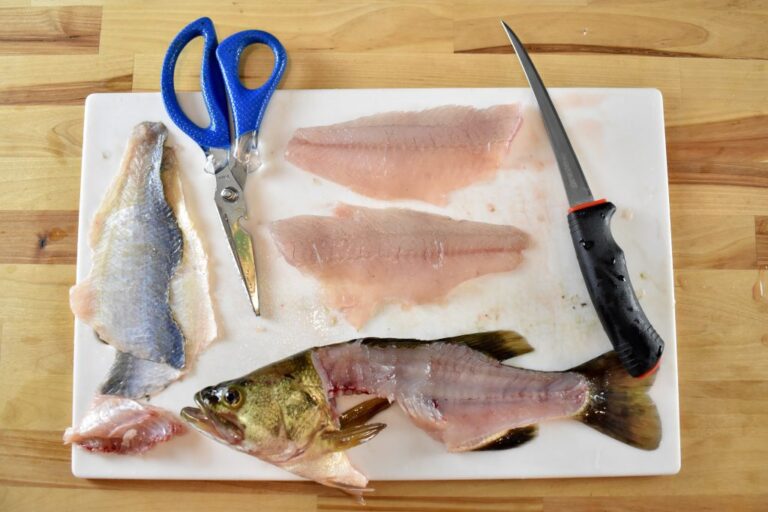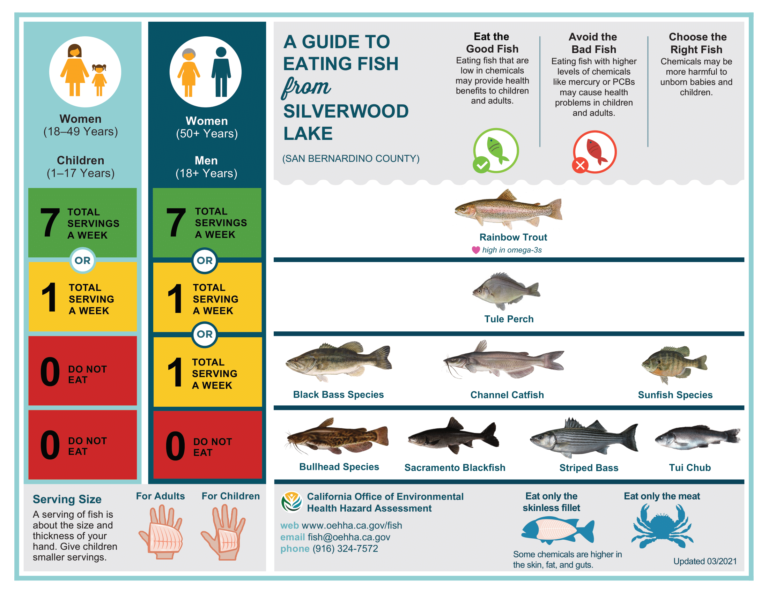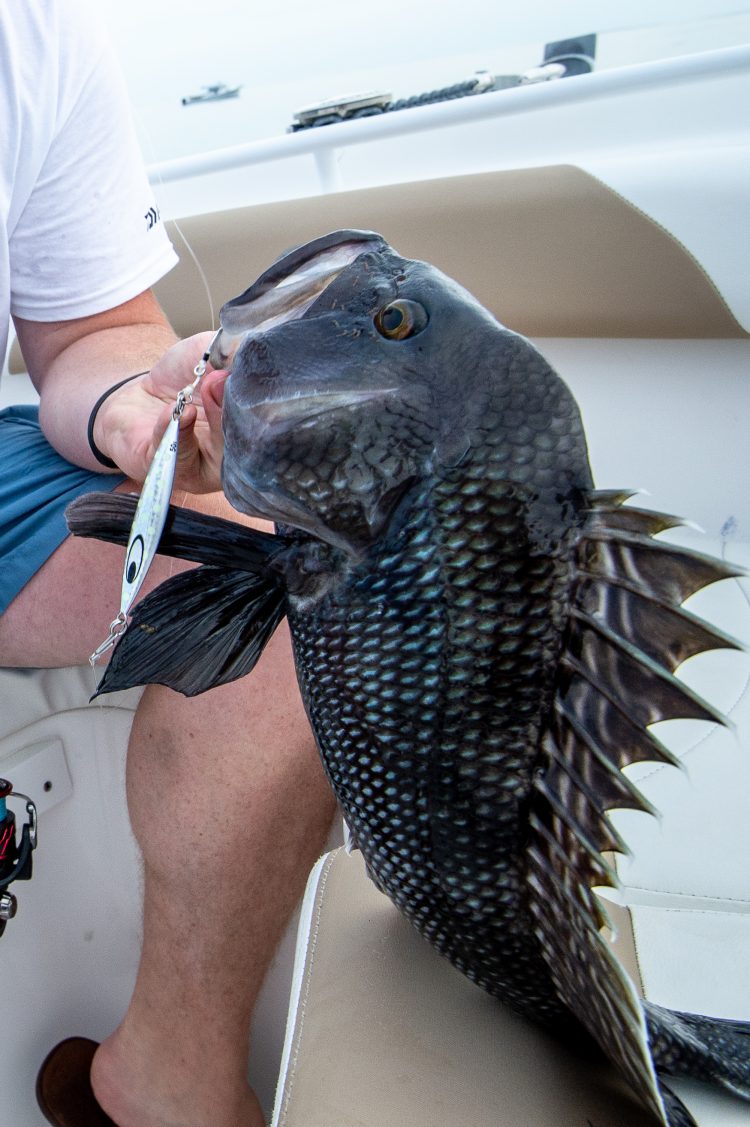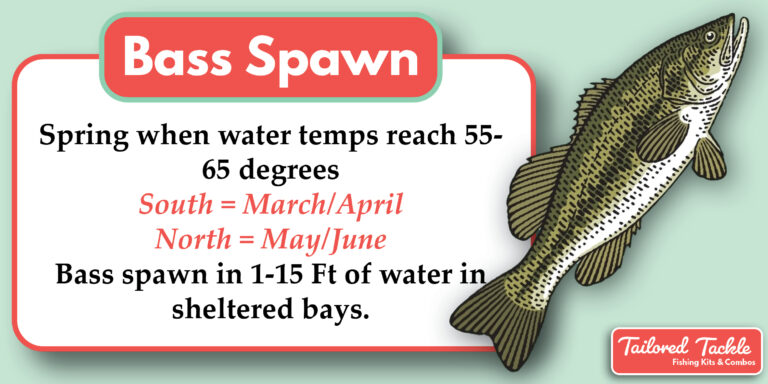Will Bass Bite in Cold Weather
Bass can indeed bite in cold weather, but their activity decreases as temperatures drop. Anglers must adjust techniques to have success in these conditions.
Fishing for bass during colder months requires patience and a strategic approach. As the water chills, bass metabolism slows, and they become less aggressive, conserving energy for survival rather than feeding. Successful anglers know that the key is to locate the bass, often found in deeper, warmer pockets of water or near structures that retain heat.
To entice these sluggish bass, slower presentations and smaller baits are often more effective during cold spells. Maintaining a stealthy approach and casting accurately to likely hideouts enhances the chances of a cold-weather catch. Understanding bass behavior in response to cold can turn a challenging fishing day into a rewarding one.
Bass Behavior In Chilly Conditions
Bass activity slows down in cold water. The cold makes them lethargic and less likely to chase prey. Their metabolism drops, requiring them to eat less often. Yet, bass still need to eat, even when it’s cold. Anglers may find success using slow-moving lures that mimic an easy meal.
Bass have remarkable adaptations to survive colder conditions. They often seek deeper waters where temperatures remain more stable. This is a natural defense against the cold. Sheltered spots like underwater structures or weed beds can also be bass havens. These spots offer protection and slightly warmer temperatures.
Cold Weather Angling Tactics
Cold weather can change how bass behave. It’s important to accept this challenge. Bass move slower and so should your lure. Patience is key.
Use lures that are ideal for cold water. Think about lures that don’t need fast action to attract fish. Jerkbaits and jigs are good choices. They match the slow pace of cold water bass.
Colors are also vital. Choose shades that blend with the winter environment. Natural colors work best as they imitate real prey.
| Lure Type | Reason for Use |
|---|---|
| Jerkbaits | Mimics the slow movement of cold-water prey. |
| Jigs | Effective at reaching deeper, slower bass. |
| Soft Plastics | Worked slowly, they can be very enticing. |
Ideal Locations For Winter Bass Fishing
Bass seek warmer areas during cold weather for comfort and survival. Deep water regions often remain warmer than shallow zones when temperatures drop. Lakes with thermal springs can also attract bass as they provide consistent warmth. Sun-exposed banks warm up quicker, making them ideal for bass seeking heat. Vegetation retains some warmth too, offering a cozy hideout. Don’t forget about man-made structures like docks or piers, which can offer both warmth and cover. Seek these spots for a successful cold weather bass fishing outing.
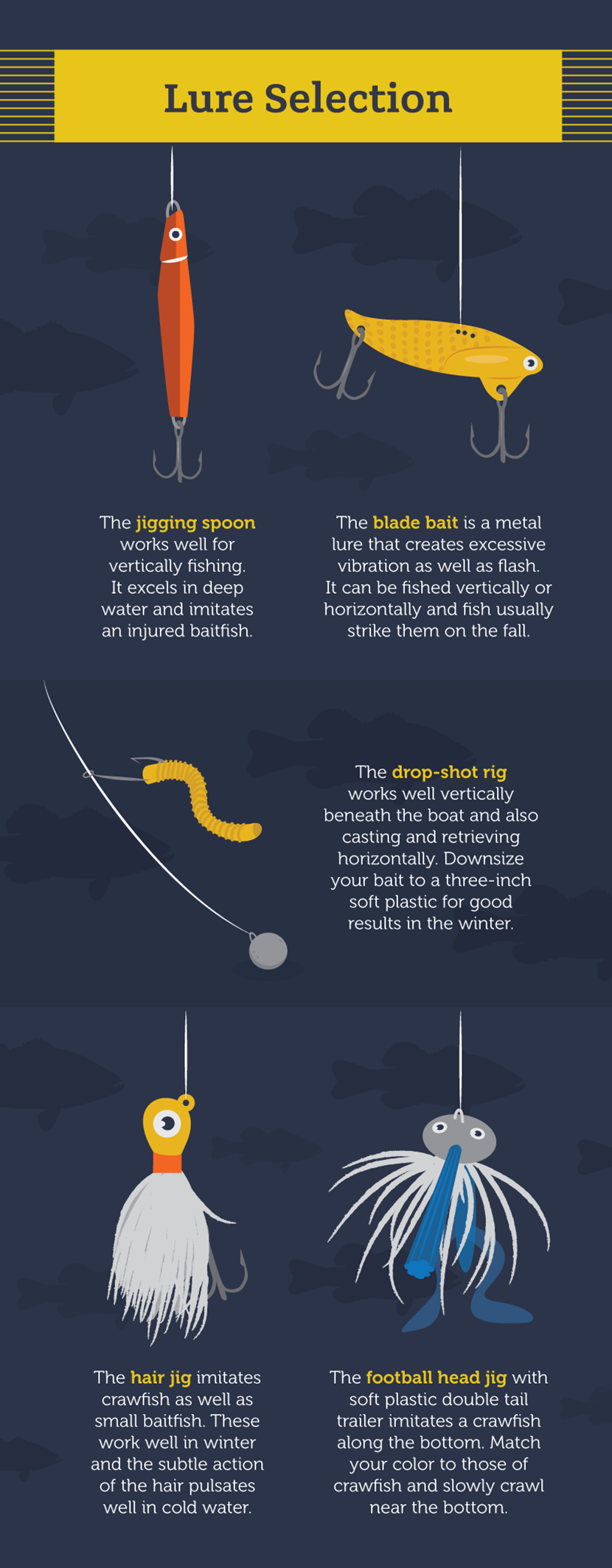
Credit: www.fix.com
Best Times For Cold Weather Bass Fishing
Bass can bite even when the water gets cold. Weather patterns greatly influence feeding times. Stable cold fronts can mean more active fish. Look for periods of consistent weather. Sudden drops in temperature often make bass less active.
Understanding moon phases aids in predicting feeding times. A full moon can lead to increased nighttime feeding. This means less daytime activity. On the other hand, a new moon might boost feeding during the day.
Essential Gear For Cold Weather Bass Anglers
Bass fishing in cold weather demands special gear. For a successful catch, choosing the right rod and reel is crucial. Medium-heavy rods are perfect as they provide enough backbone and sensitivity. Pair them with a baitcaster reel for precision or a spinning reel for ease of use.
Keeping warm is key for any angler braving the cold. Thermal layers and waterproof clothing help retain body heat. Don’t forget quality gloves and a beanie. Boots with non-slip soles ensure safety on slippery surfaces.
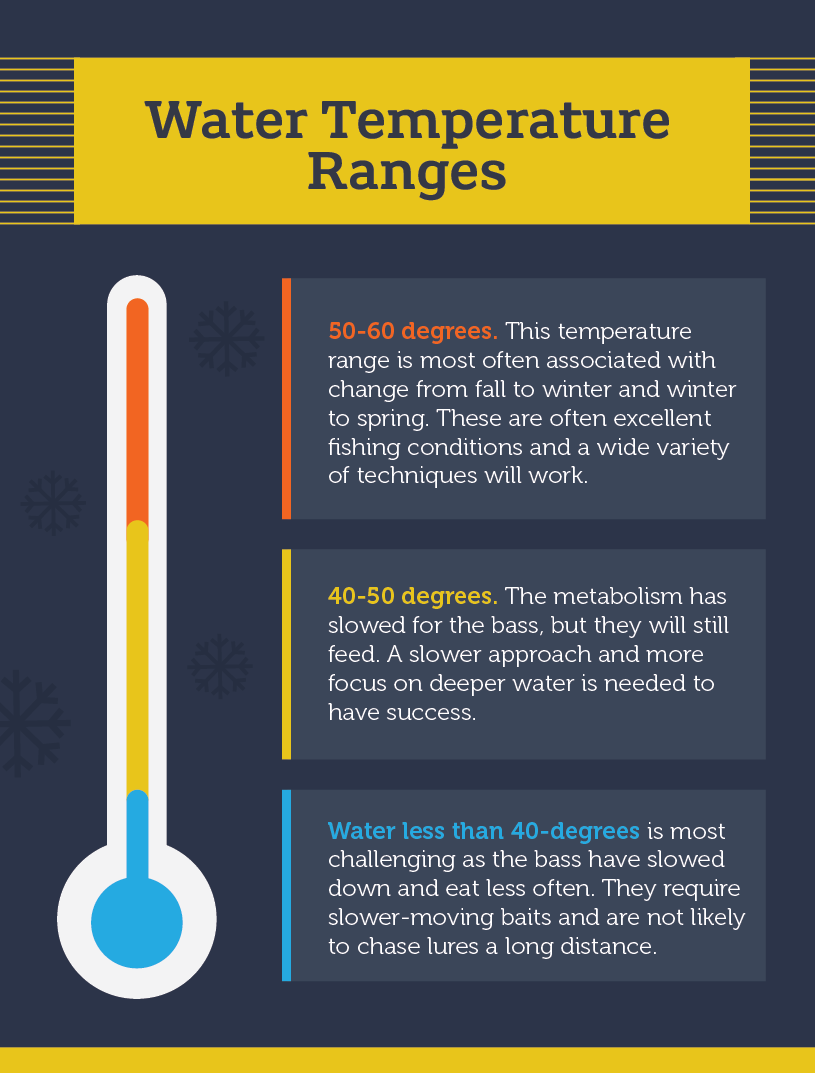
Credit: www.fix.com
Pro Tips For Success
Bass become slower in cold water due to slower metabolism. To succeed in catching bass during colder months, it’s critical to adjust your fishing techniques. Select lures that are applicable for slow retrieves, such as jigs or soft plastics. Patience is key as bass tend not to chase fast-moving lures in cold water.
Ensuring the health of your catch is also important. Handle bass with care and release them gently back into the water. Maintain minimal contact with the fish to preserve its slime coat, which protects them from disease. Use barbless hooks to minimize injury and stress to the fish. Such practices help maintain a healthy bass population for future fishing.
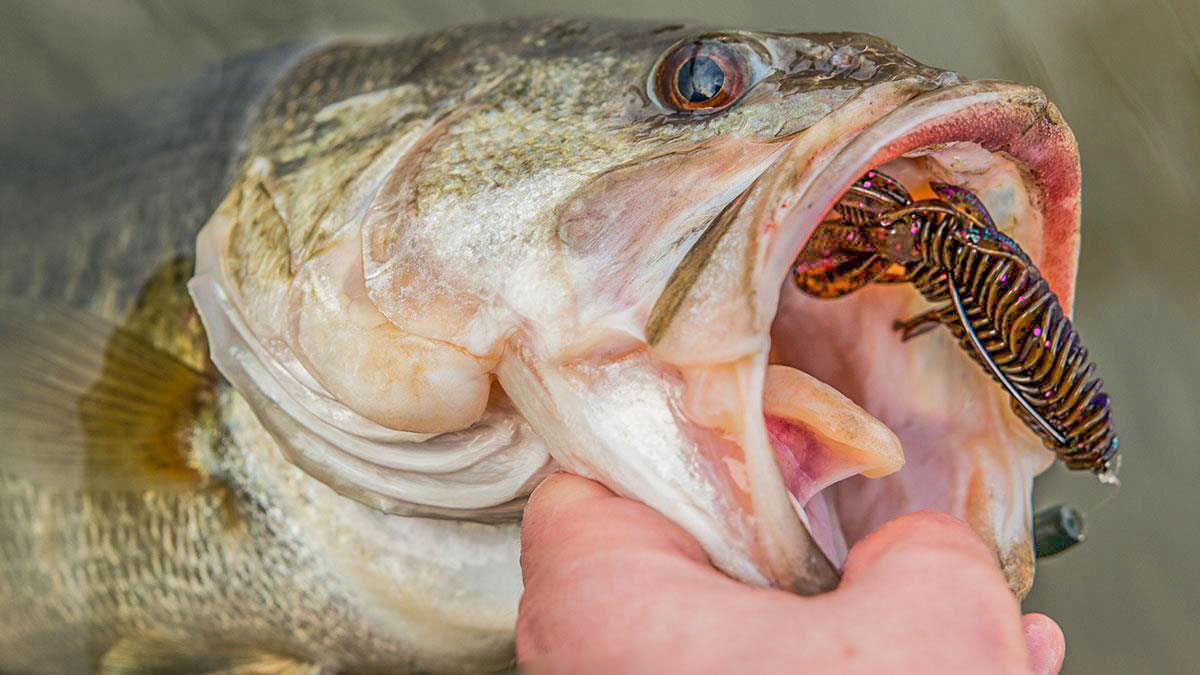
Credit: www.wired2fish.com
Frequently Asked Questions For Will Bass Bite In Cold Weather
What Temperature Is Too Cold For Bass Fishing?
Bass fishing becomes challenging at temperatures below 50°F, as bass become less active and feed less frequently.
Will Bass Bite In 60 Degree Weather?
Yes, bass will bite in 60-degree weather as it is a comfortable temperature range for these fish to be active and feed.
Will Fish Bite In 40 Degree Weather?
Yes, fish can bite in 40 degree weather, but they are less active and feed less aggressively due to the cold water temperature. Fishermen may need to adjust their techniques and be more patient.
Is It Worth Bass Fishing In Winter?
Yes, bass fishing can be rewarding in winter as bass congregate in predictable areas. Cold water means slower, but often larger, catches.
Conclusion
Bass anglers, take note! Cold weather isn’t a deal-breaker for your fishing expeditions. With the right techniques and gear, success is still possible amidst the chill. Remember, patience and persistence are your best allies against the cold. So, wrap up warm, refine your strategy, and get ready for the rewarding tug of winter bass!
